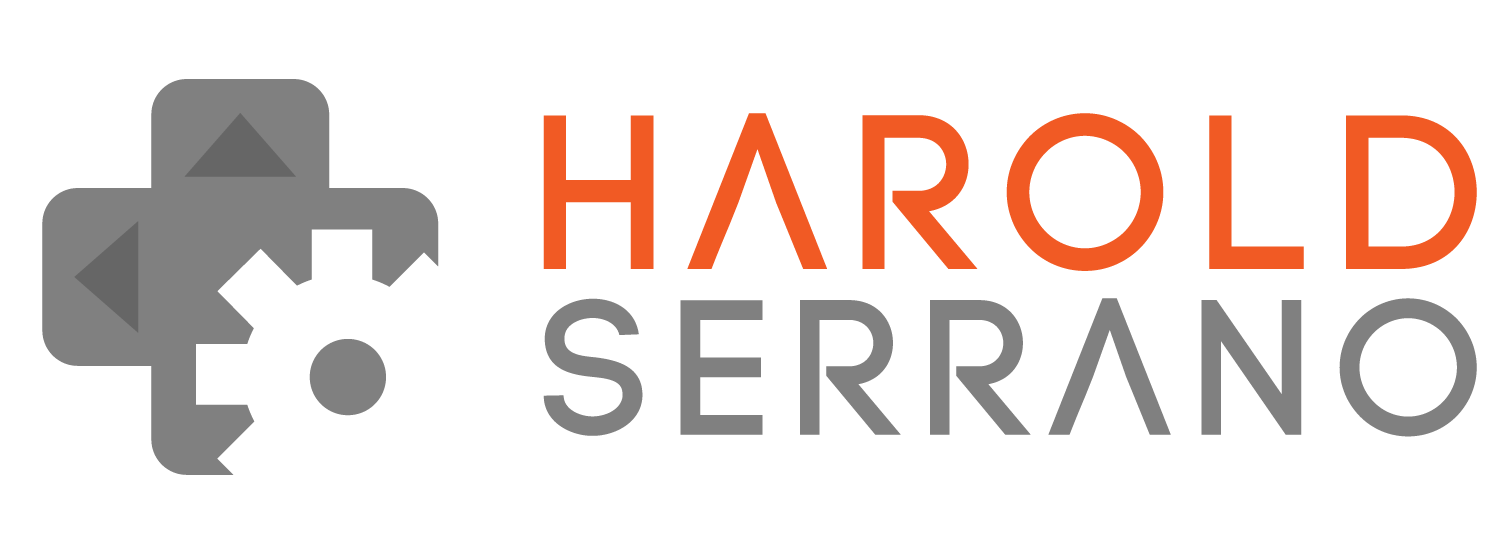I'm sure you have read so many different strategies on how to successfully finish a project. To be frank, most of the well-known procedures don't work for me since they do not take into account behavioral aspect.
Over the years I've kept track on what works and what doesn't. These are the strategies that have worked for me:
Manage Energy Level
We all have limited amount of energy per day. And just like you would manage time, you must also manage your energy level.
In my case, my energy level is at its peak early in the morning. I have the least amount of energy around 2– 7 pm. And for some reason, I’m more focused late at night.
Therefore, I use my energy level to my advantage whenever I'm working on a project. I try to complete critical tasks early in the morning. If I need to read, I'll do that at night since I'm more focused. And any not so critical tasks I try to do in the afternoons.
Avoid Perfection
Seeking perfection slows you down. And more importantly, it prevents you from quickly learning what works and what doesn't.
Moreover, you don't know what you don't know. So it is a waste of time to complete a task to perfection, when you don’t know how it will affect your project as a whole.
A better approach is to implement the task until is Just Good Enough. Doing so will allow you to quickly test, debug and fix. Moreover, it will reveal weaknesses of your project that you were unaware of.
Make it a habit
The key to finish a project is Consistency. And one way to be consistent is by making things a habit.
I suggest to do at least one thing a day related to your project, no matter how small. The key is to trick your mind that you are moving forward with your goal.
Most of the time, we give up and abandon a project due to psychological factors, more so than technical ones. So, manage your energy level, try to build momentum. Avoid wasting time trying to reach perfection and do at least one task a day, no matter how small it is.
